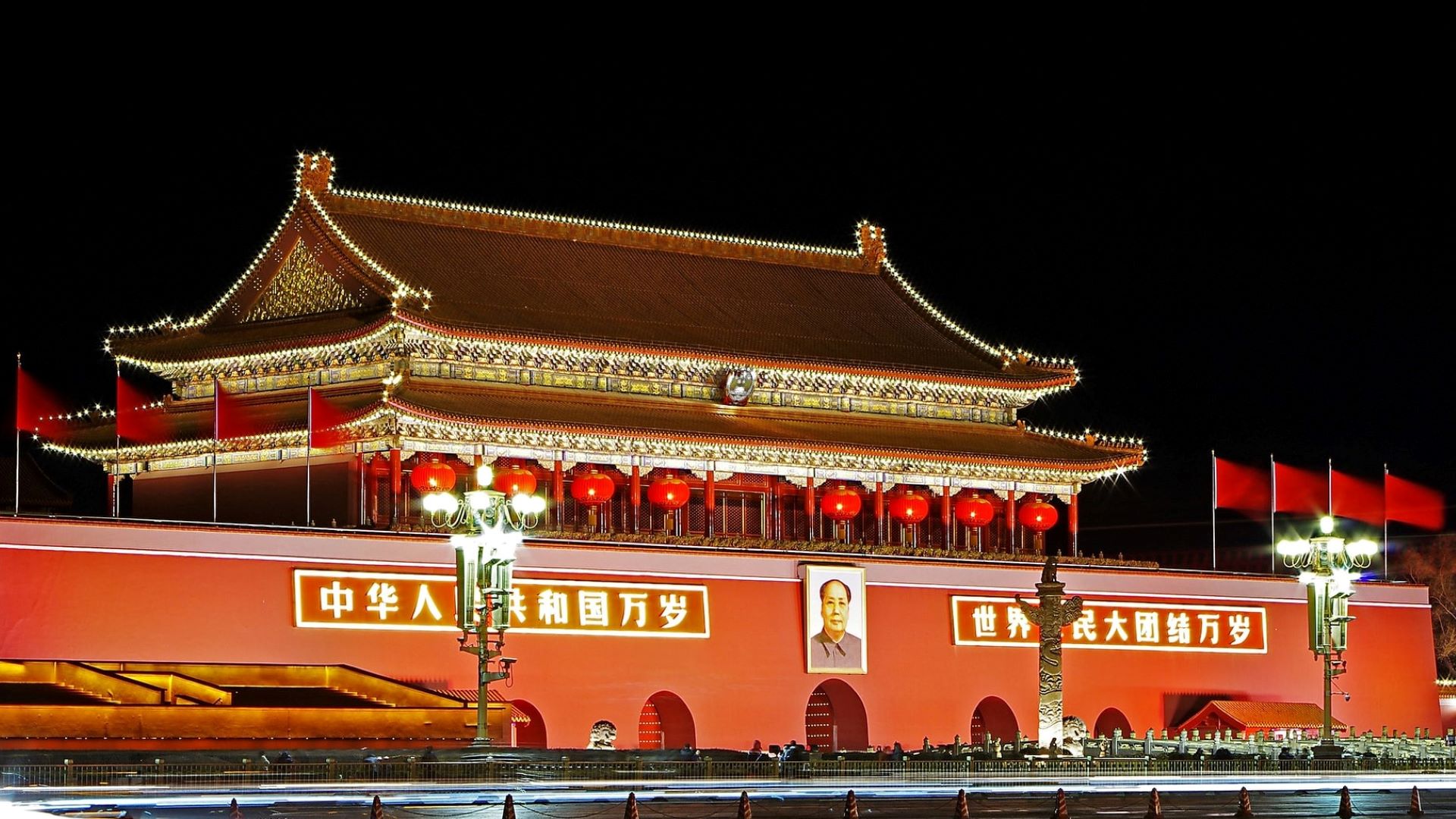Category:Politics & Policy


David Boaz: ‘Fight illiberalism and authoritarianism wherever you find it’
February 21, 2024 | Post
At LibertyCon International, David Boaz urged the liberty movement to “fight illiberalism and authoritarianism wherever you find it.”

Why Portugal’s Socialist Party looks poised for victory despite scandal
February 15, 2024 | Post
Portugal finds itself once more on the precipice of electoral intrigue as the nation gears up for legislative elections on March 10, 2024. The (second) resignation of Prime Minister António Costa amid a corruption scandal has thrown the country into political turmoil.
Despite the obvious setbacks, recent polls indicate that Costa’s Socialist Party (PS) remains poised for reelection. This raises intriguing questions about the electorate’s enduring support and sheds light on the nuances of Portugal’s political landscape.

The rise of political violence: is it only going to get worse?
January 15, 2024 | Post
Political violence in the United States has experienced a surge in recent years. Incidents like the January 6, 2021 attack on the Capitol, Antifa rioting, and the infamous Charlottesville rally in 2017 have underscored a concerning trend.
The question that looms large is whether this surge is an isolated phenomenon or a harbinger of a darker future for the nation.

The awkward and uncomfortable problem with national conservatism
January 11, 2024 | Post
The recent surge of national conservatism in the United States has not only highlighted a departure from classical liberal principles but also raised concerns about a fundamental shift away from the values that have long defined American governance.

Would a “national divorce” lead to more individual liberty?
January 9, 2024 | Post
As the United States finds itself in the throes of increasing political polarization, the idea of a “national divorce” has gained traction, particularly within the liberty movement.
Advocates argue that splitting the nation into independent states could enhance individual liberty, allowing citizens to align with governments that reflect their values.
However, opponents contend that such a move could lead to fragmented anti-liberty measures and weaken the nation’s collective defense of individual rights.
Let’s delve into the key arguments for and against national divorce, exploring whether such a division would truly be conducive to individual liberty.

Justin Amash: exposing America’s broken political system
November 8, 2023 | Post
A former U.S. Representative for Michigan’s 3rd congressional district, Justin Amash stood out for his commitment to upholding the Constitution and pro-liberty principles.
One of the most compelling aspects of Justin Amash’s political journey lies in his unapologetic exposure of the deeply flawed political system he witnessed firsthand.

The case for Liberland
October 6, 2023 | Post
Along the Danube River in South-Central Europe lies a distinctive parcel of land between Croatia and Serbia. In 2015, Vit Jedlička and a few others proclaimed the territory as the Free Republic of Liberland. But can and should Liberland become an internationally-recognized, sovereign nation?

Libya: a cautionary tale against interventionism
September 19, 2023 | Post
This month’s devastating floods affecting Libya have brought the country back to the forefront of international media. In the annals of international relations, Libya stands as a stark reminder of the perils of interventionism.

China’s authoritarian export: the technocratic menace and global ideological battle
June 4, 2023 | Post
The Chinese regime inherently rejects the ideas and values of individual liberty, meaningful economic freedom, transparency and human rights

An assault on anonymity: the consequences of Vietnam’s new social media policy
June 2, 2023 | Post
In Vietnam, a new regulation will take effect by January 2024 requiring all social media users to verify their identities in order to use online platforms. This move is a blatant violation of the right to free expression and privacy.

A realistic look at Iran’s nuclear program
April 28, 2023 | Post
Let’s take a brief look at the history of Iran’s nuclear program and former nuclear agreements to see where we might be headed.

Silencing dissent: the dangerous precedent set by Tennessee’s partisan expulsions
April 10, 2023 | Post
In a troubling display of political retribution, two Democratic lawmakers in Tennessee, Rep. Justin Jones and Rep. Justin Pearson, were recently expelled by the Republican supermajority in the Tennessee House for violating decorum rules. Their transgression? Participating in a protest on the House floor advocating for gun control in the wake of a tragic school shooting in Nashville. This vote marked the first time in Tennessee’s history that expulsion has been wielded as a partisan weapon against lawmakers on the other side of the aisle.

Why China’s aggressive expansionism in Arunachal Pradesh is completely unjustified
February 6, 2023 | Post
The Chinese regime’s claims on Arunachal Pradesh are wholly unjustified. The preference of a region’s inhabitants as well as international agreements are far more relevant factors when determining its status than claims based on ancient history and expansionist aggression.

The dangerous simplicity of polarization
December 12, 2022 | Post
We cannot claim to want a better and more tolerant world while simultaneously creating distance between ourselves and those with whom we disagree. To overcome the exercise in collective insanity that is political polarization, we must separate the politics from the individual.

For a freer future, we must move beyond the culture war
October 6, 2022 | Post
In the hyperpartisan culture war, increasingly radical and uncompromising political factions seek to leverage division to cement their own power

Libertarian alternatives to war with Russia
September 8, 2022 | Post
If we decide that the United States should support Ukraine against their Russian aggressor, there is still the question of what American support for Ukraine should look like from the point of view of a libertarian defense of non-aggression.

What do libertarians and progressives have in common?
August 22, 2022 | Post
While libertarians and progressives perpetually remain miles apart on economics, the sovereignty of the individual, and the proper role of the state, we should not deny ourselves opportunities to build partnerships, make friends, and advance the cause of liberty wherever possible.

Would the American Innovation and Choice Online Act enhance economic freedom?
August 18, 2022 | Post
There are good reasons to believe that the AICOA would not enhance economic freedom nor improve overall welfare. This is a problem, not because big tech needs more defenders, but because it would stifle competition and economic freedom.

Why libertarians should support Ukraine but oppose American military intervention
August 17, 2022 | Post
A libertarian’s opposition to American military involvement in this war should not be because of edgy nonsense about Russia being provoked, or the historically ignorant idea that Ukraine is only defending itself because it’s taking orders from the West.

National divorce is not a pro-liberty solution
July 21, 2022 | Post
It’s time for a broader discussion about why national divorce is not a pro-liberty solution. Fundamentally, for any change in the structure of government to be pro-liberty, it must move us towards more individual liberty, not away.

Checking in on China: why hard times lie ahead
July 15, 2022 | Post
The past couple of decades may have suggested that China’s competent, authoritarian style of governance may be an alternative model for the world. However, the regime is now faced with the consequences of its actions with a slim off ramp to preserve progress and power at the same time.

People say Putin is pragmatic; here is why they are wrong
June 23, 2022 | Post
Students For Liberty’s Director of Alumni Programs, Jorge Jraissati, gives his thoughts on the ideology of Vladimir Putin, its history, and its ongoing effects.

Boris Johnson and Partygate: when politicians think they’re above the law
June 21, 2022 | Post
There’s a reason why Partygate, involving senior British politicians such as PM Boris Johnson, hits a particularly raw nerve with the public

New battlegrounds: liberty in a time of realignment
May 25, 2022 | Post
The factions people ally with are going through a dramatic change, but what is driving this political realignment and what does it mean for liberty?

